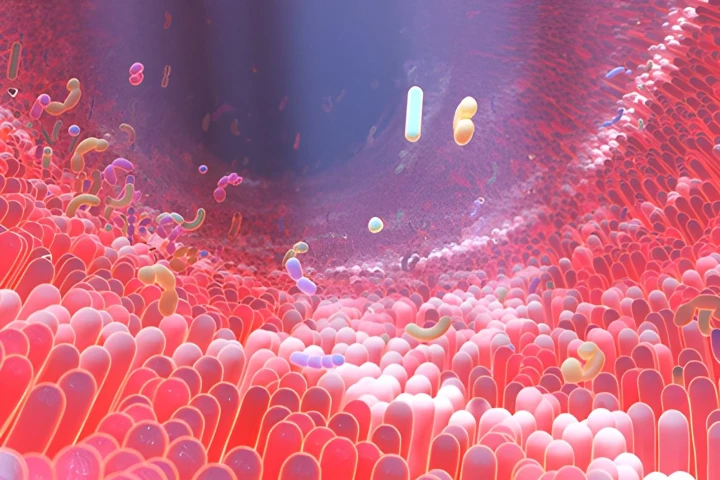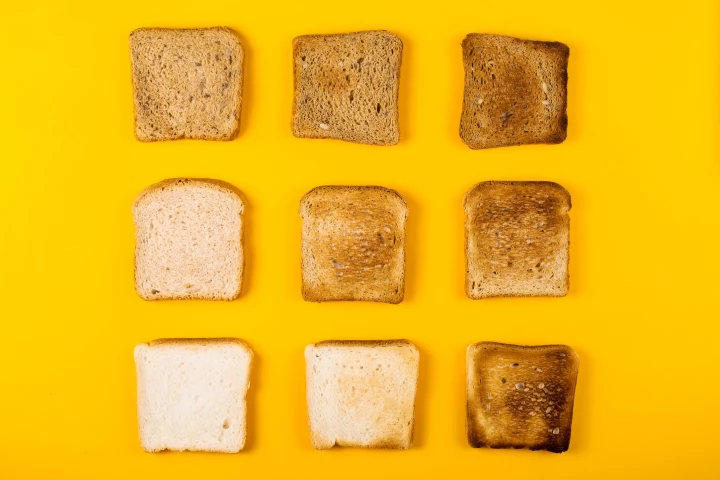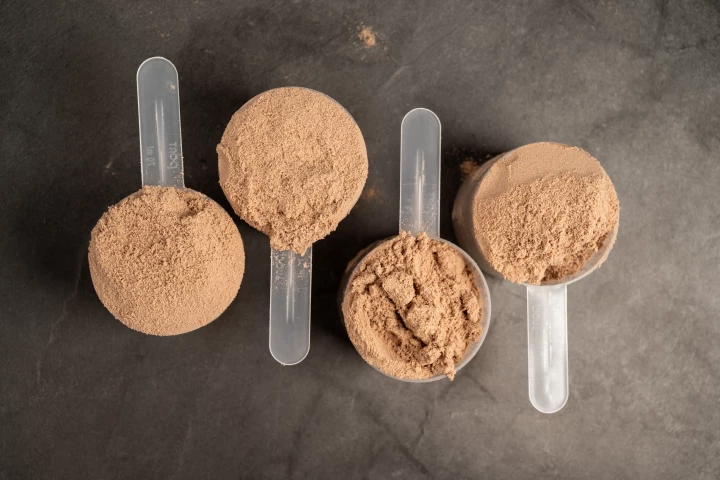Diet
-
The rise in popularity of GLP-1 receptor agonist drugs like Ozempic is causing a wider societal shift that is now rocking the food industry. And some are feeling the pain more than others, as people make fundamental changes to their lives and health.
-
Using chemical clues from Neanderthal bones, researchers have placed them at the top of the food chain, alongside apex predators like lions. However, until now, experts have been missing out on one of their key, fat-rich, food sources: Maggots.
-
2025 certainly saw some major health-related breakthroughs including a universal cancer vaccine. But the year was also filled with smaller findings that can still have a big impact on your day-to-day health. Here are 18 of them.
-
Adding to the growing body of research that proves our microbiome is a powerful ally in fighting disease, scientists have found that an easy-to-get nutrient in our food causes our guts to produce powerful insulin-regulating compounds.
-
New evidence shows that Neanderthals, early Homo sapiens and even earlier hominins were using, processing and eating starches, grass seeds, nuts, fruits, sedges and tubers long before the supposed "Broad Spectrum Revolution" diet shift took place.
-
In the most comprehensive investigation of the ketogenic diet’s mental health effects yet, researchers pooled 50 studies spanning six decades to see what we actually know about its influence on mood. The results are a mix of promising and uncertain.
-
Fruit smoothies have become a huge trend in healthy lifestyle world – and for good reason. They are a quick source of vitamins, fiber, and antioxidants, and they take just a few minutes to make! Bananas are the number-one ingredient for a good smoothie. Creamy and naturally sweet, they seem to pair well with pretty much every other fruit ... or do they?
-
Scientists have identified a significant link between levels of choline and the prevalence of anxiety, suggesting that upping intake of this essential nutrient found in many foods could potentially improve symptoms of these debilitating disorders.
-
There's growing evidence that a Mediterranean diet can provide relief from symptoms of irritable bowel syndrome, offering people more variety, nutrients and easier adherence than the current restrictive frontline approach to manage the condition.
-
For the first time, scientists have used evidence-based research to rewrite the advice on what to consume to relieve constipation, doing away with the broad "high-fiber diet" mantra. And one food in particular stands out as being most effective.
-
For years, millions of people have sworn that gluten makes them ill – even if they've returned negative results when tested for coeliac disease. Now, researchers have found that it's far more complicated, and gluten itself may not be the culprit.
-
When choosing a protein powder, we want it to be low in sugar and carbs, and to taste good enough. We don't think that it might also be packed with dangerously high levels of lead – which, a new study finds, is exactly what is in many popular brands.
Load More











